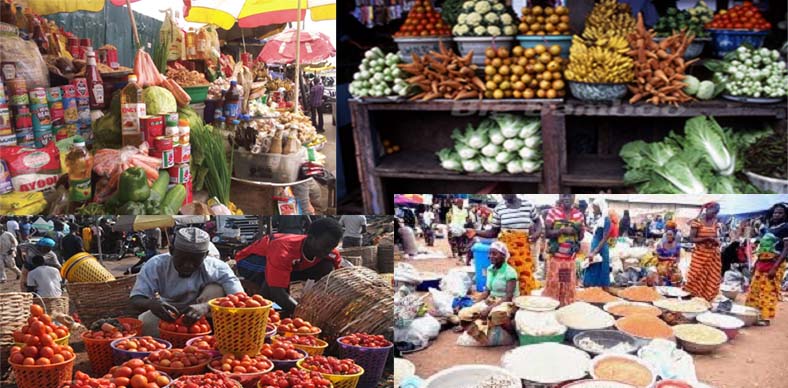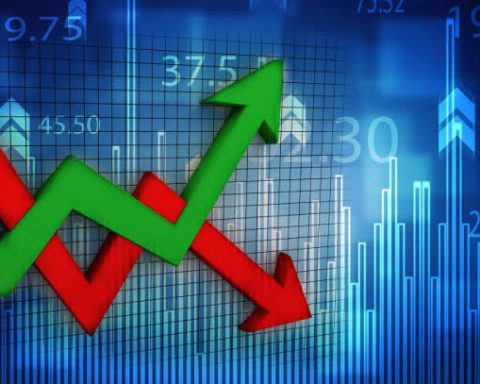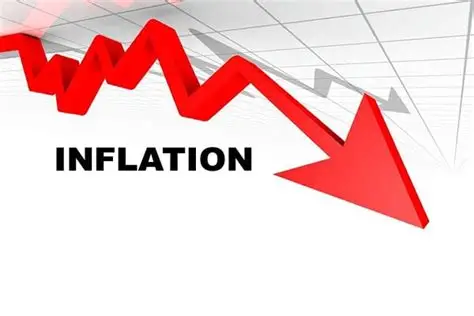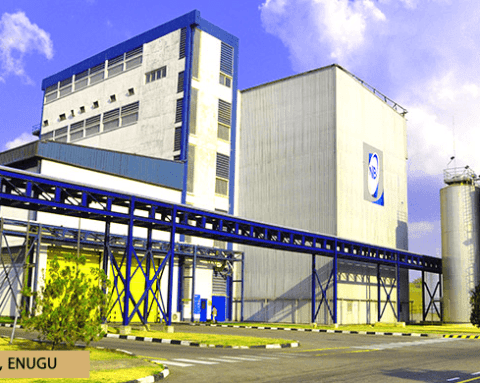Nigeria’s annual inflation rate dropped to 23.71 per cent in April from 24.23 per cent in March. This reflected a decrease of 0.52 per cent compared to the March 2025 Headline inflation rate.
This was revealed in the Consumer Price Index (CPI) report released on Thursday by the National Bureau of Statistics (NBS).
Join our WhatsApp ChannelThe data showed that on a year-on-year basis, the headline inflation rate eased by 9.99 per cent from 33.69 per cent recorded in April 2024. “This shows that the Headline inflation rate (year-on-year basis) decreased in April 2025 compared to the same month in the preceding year (i.e., April 2024), though with a different base year, November 2009 = 100,” NBS stated.
On a month-on-month basis, the Headline inflation rate in April 2025 was 1.86%, which was 2.04 per cent lower than the rate recorded in March 2025 (3.90 per cent).
“This means that in April 2025, the rate of increase in the average price level is lower than the rate of increase in the average price level in March 2025,” the national statistical body explained.
After reaching a 28-year high of 34.80 per cent in December 2024, the headline inflation rate had declined to 24.48 per cent in January following the rebasing of the CPI. In February, it further declined to 23.18 per cent. However, the rate moved up to 4.23 per cent in March before dropping again in April.
In terms of contribution of items on the divisional level to the headline index (YoY), Food & Non-Alcoholic Beverages still maintained the lead with 9.49 per cent, followed by Restaurants and Accommodation Services (3.06 per cent), Transport (2.53 per cent) and Housing, Water, Electricity, Gas, and Other Fuels (2.00 per cent).
Food inflation
The Food inflation rate stood at 21.26 per cent in April 2025 on a year-on-year basis. This reflected a decrease of 19.27 per cent points from 40.53 per cent recorded in April 2024.
NBS attributed the significant drop in the annual food inflation rate to the change in the base year.
READ ALSO: Nigeria: Why Inflation Keeps Rising
Prime Business Africa reports that NBS rebased CPI and GDP in February to capture of emerging sectors of the economy that were not captured in the last exercise done over ten years ago.

The agency further indicated that on a month-on-month basis, the food inflation rate was 2.06 per cent in April 2025, down by 0.12 per cent compared to March 2025 (2.18 per cent). It explained that the decrease can be attributed to the rate of drop in the average prices of Maize (Corn) Flour, Wheat Grain, Okro Dried, Yam Flour, Soya Beans, Rice, Bambara beans, Brown Beans, etc.
The cost of food has skyrocketed in Nigeria in recent years. After President Bola Tinubu removed fuel subsidies and instituted a floating naira currency rate in 2023, this trend grew worse.
The cost of staple foods has sharply increased as a result of this change, further impoverishing many Nigerians and increasing food insecurity.
President Tinubu declared some measures to combat the nation’s soaring food costs. Among these is the choice of suspending taxes, duties, and tariffs on the importation of necessities like wheat, beans, and husked brown rice.
Despite these efforts, food inflation continued to rise unabated.
Insecurity and adverse weather conditions in rural areas have also forced farmers to reduce their output, thereby worsening food shortages and prices.
Victor Ezeja is a passionate journalist with seven years of experience writing on economy, politics and energy. He holds a Master's degree in Mass Communication.














